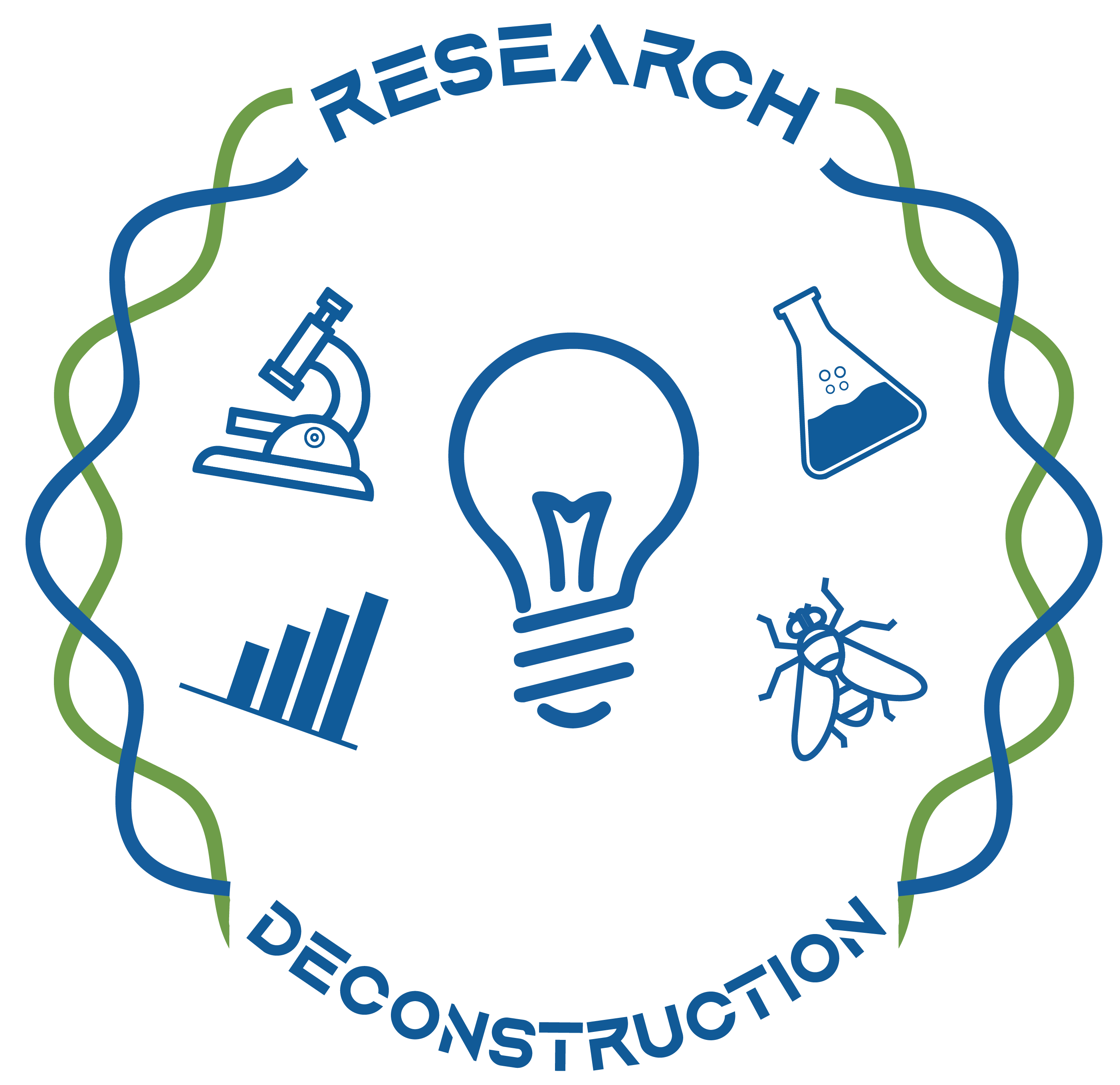Research deconstruction was developed in 2007 by Ira Clark, Rafael Romero and Utpal Banerjee, as part of Dr. Banerjee’s HHMI Professors Program. This classroom-based pedagogy introduces novice undergraduate students to the process of scientific inquiry through in-depth analysis of a PhD-level research seminar by an invited speaker. After students view the seminar, the course instructor unpacks it over several classes, introducing the underlying basic science and working with students to identify major questions, examine experiments designed to address these questions, and analyze data presented. Following this series of “deconstruction” classes, the speaker may return for a “Question & Answer” session. By this point, the students have acquired sufficient mastery of the material to ask insightful questions about the research.
Previous assessment suggests that research deconstruction increases students’ confidence in their understanding of science, how scientists think, and how scientific knowledge is built from experimental evidence, as well as overall science confidence and self-efficacy, consistent with our initial findings (Clark, et al, 2009). Longitudinal tracking also suggests that research deconstruction may improve STEM retention. At UCLA, the pedagogy forms the basis for two flagship courses for the Biomedical Research Minor – Biomedical Research 5HA and 5HB (www.biomedresearchminor.ucla.edu).


